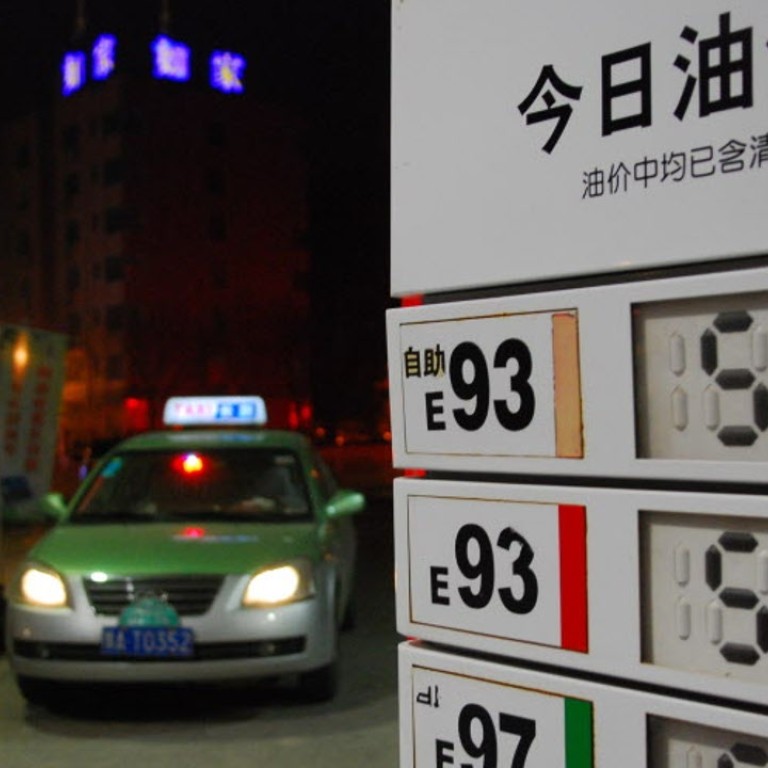
New | China’s record natural gas price cut deals mixed effects for industry players
28pc cut to average non-residential wholesale price will hurt PetroChina the most
Beijing’s 28 per cent cut to the average non-residential natural gas wholesale price on the mainland – the sharpest ever – will hurt its largest gas producer, PetroChina, the most, analysts say, while adding that its decision not to raise long-frozen residential prices was a pleasant surprise for distributors.
The biggest beneficiary of the long-awaited cut is end-users, particularly industrial ones, whose conversion from coal and crude oil-derived fuel to gas is essential if Beijing hopes to meet its air pollution control goals.
Investors in gas producers largely ignored news of the gas price cut, announced on Wednesday, with PetroChina shares ending Thursday 1.85 per cent higher at HK$5.51 after falling as much as 1.5 per cent soon after the market opened, outperforming the Hang Seng Index’s 1.4 per cent climb.
China Petroleum & Chemical (Sinopec), the mainland’s second-largest gas producer, gained 2.2 per cent.
“While the net impact will be a 26 per cent reduction in overall gas price realisations in 2016, resulting in a 20 per cent and 7 per cent decline in operating income for PetroChina and Sinopec respectively, we believe this has been largely reflected in consensus earnings estimate,” Neil Beveridge, a senior analyst at American brokerage Sanford Bernstein, wrote in a note.
Producers of unconventional natural gas such as AAG Energy and Sino Oil and Gas, which extract gas trapped between coal seams , were also spared from any sharp sell-off.
The fact that Beijing has also announced concrete measures to largely liberalise gas prices has helped offset the short-term blow to producers, since price reform means they can enjoy more upside when international energy prices recover in the future.
Beijing will allow buyers and sellers to set their own prices – up to 20 per cent below the benchmark prices – from Friday. They will also be allowed to price their deals up to 20 per cent above the benchmark from November 20 next year.
This will effectively allow sellers to soon slash their prices by up to half the previous levels.
It will help lift demand growth, which sank to 2.5 per cent in the first nine months of the year from an average of 16 per cent in the previous 15 years, as some industrial users switched back to more polluting liquefied petroleum gas and fuel oil.
Benchmark non-residential gas prices at city gates, where ownership is transferred from producers to distributors, will be slashed by 0.7 yuan per cubic metre from Friday.
Residential prices, stable since 2010, will not be changed.
The non-residential cut is on the high side of the range of market forecasts, but the continued freeze on residential prices contrasted with expectations of a 10 per cent to 20 per cent increase, Barclays’ analysts said in a note.
Non-residential gas accounts for around 80 per cent of total consumption.
Shares of gas distributors ENN Energy and China Gas Holdings closed only slightly higher on Thursday, giving up sharp gains in early morning trading. They posted strong gains on Wednesday ahead of the price cut announcement.

